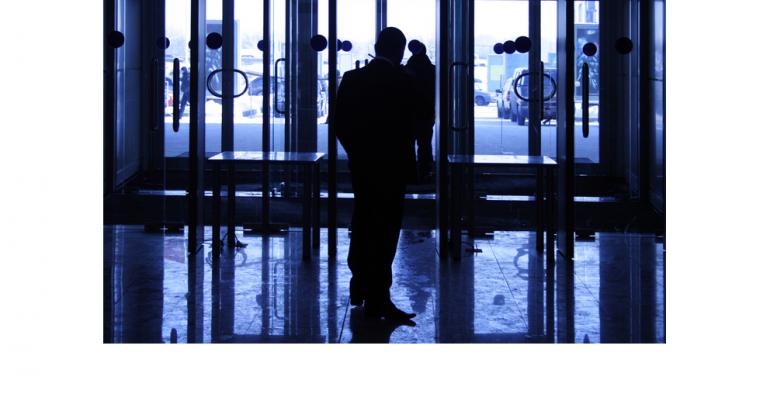As meeting professionals become more aware of—and have more responsibility for—safety and security issues, there are new layers of information to uncover during site inspections and in request for proposals. To find out about a potential property’s capabilities and attitude around risk, David Lau, a counterterrorism expert and international team leader with the Federal Air Marshal Service, shares his list of seven less-common things to consider when researching a hotel or venue:
1. Has the hotel invested in security or does it look like a low priority? Note the hotel’s physical security features. Do the elevators only activate with room keys? Around the hotel entrance, security can include guards; vehicle-denial features, like cement planters or bollards; and even blast film on the windows.
2. What kind of risk management and security training does the staff have? Who on staff is trained in first aid? Will those people be on duty during your event? Has staff been trained to recognize active threats? Who is the go-to staff person to report anything suspicious?
3. If meeting room or guest room doors open outward, they can be hard to barricade in the event of an attack. Find out if the property has active-shooter “denial devices” on those doors (see photo below), that can prevent them from being opened. If not, ask the hotel if they can add them and then learn how to use them.
4. Have there been any recent threats to the property? They may not tell you, Lau says, but the response to the question might tip you off.
5. Is there is a backup generator on the property? If something happens to the power, will it turn on automatically or will your attendees be using cell phones for flashlights in the dark?
6. Is there an emergency operations plan for all hazards including a fire, a terrorist attack, and earthquakes or natural disasters? Ask the property to share the public version of the plan.
7. Does the kitchen have procedures to combat food terrorism? Overseas hotels that are certified for embassy staff have procedures in place to vet kitchen staff and test food. Catering can be a weak point for conferences targeted by terrorists or activists protesting your organization or conference topic.
For more from Lau, listen to his MeetingsNet webinar, How to Respond to Active Threats to Your Meetings.





